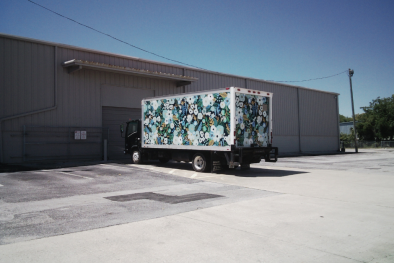
Conflict of Interest at the Highest Levels: Analysis of the Smuggling In...
Адвокат Максим Раков прокомментировал беспрецедентную ситуацию в израильском правоохранительном сообществе на радио РЭКА 1 февраля 2026 г.
The Council of European Union (informally known as the Council of Ministers), has published a Decision (CFSP) 2024/3187 of 16 December 2024 concerning restrictive measures in view of Russia’s actions destabilizing the situation in Ukraine.
This decision has significant implications, particularly for deposits and arbitration. These changes affect how individuals, businesses, and financial institutions manage their operations in relation to frozen assets due to the ongoing conflict in Ukraine.
DEPOSITS
The updated sanctions require financial institutions to be cautious when handling deposits from individuals or entities linked to Russia. However, the European Union has introduced some flexibility. For example, Central Securities Depositories (hereinafter “CSDs”) can now request the unfreezing of certain cash balances, provided they meet specific conditions. This change allows businesses to continue operations while ensuring that funds are not misused or diverted in violation of sanctions.
ARBITRATION
The EU has clarified how dispute resolution should proceed when assets are frozen under sanctions. While sanctions are enforced, there is still a structured process for resolving disagreements about frozen assets. This is particularly important for international trade or financial services businesses, where disputes over frozen assets may arise.
Would you like me to proceed with any other changes from the original list?
[Contact our team for specific guidance on your situation.]